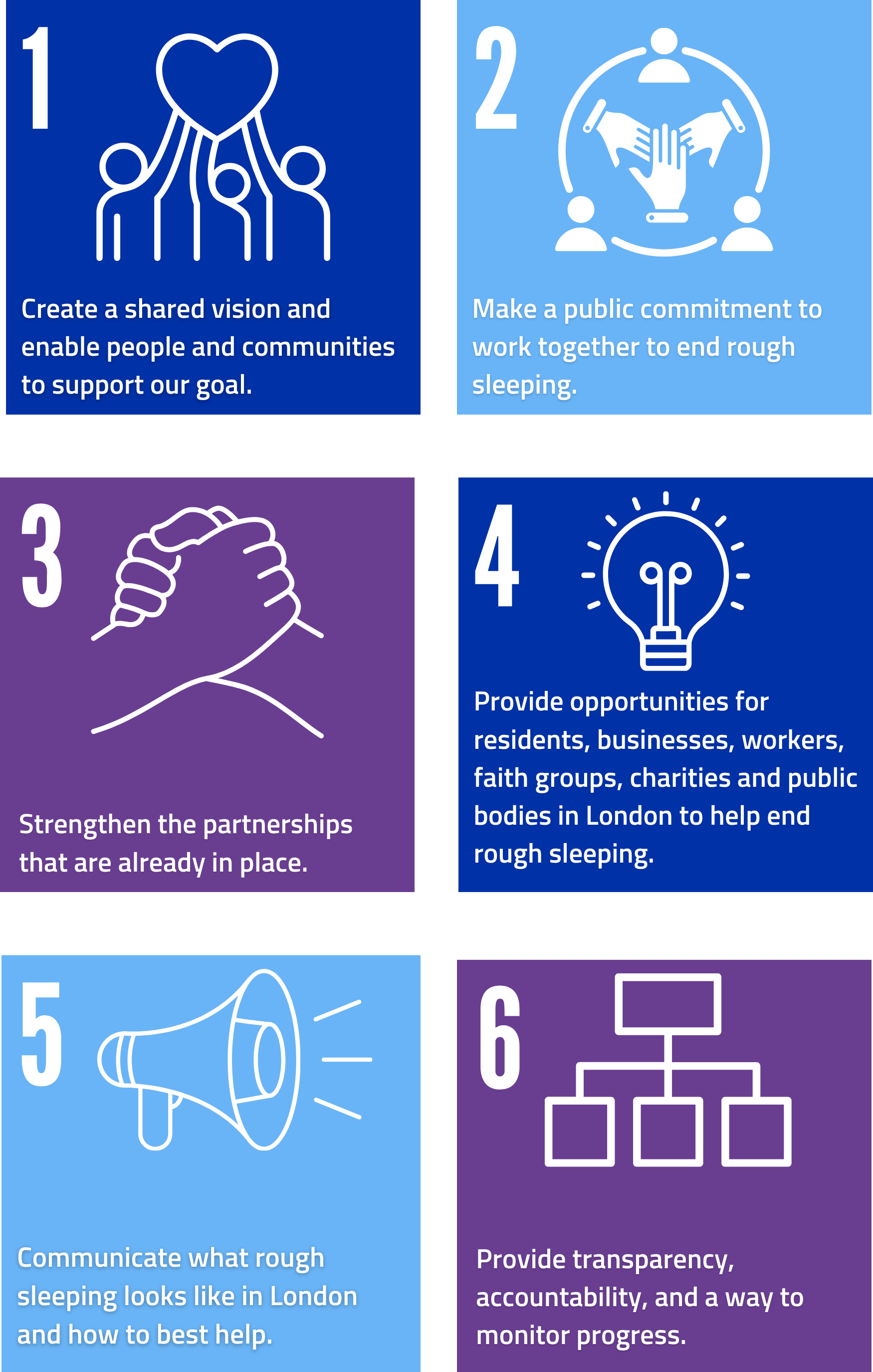
Fr Dominic Robinson SJ, Chair of Westminster Justice and Peace Commission and Parish Priest at Farm Street Church, Mayfair, has joined other clergy from the main churches in London’s West End in writing an Open Letter to local MPs Nickie Aiken and Sir Keir Starmer, to express serious concerns over changes proposed in the Criminal Justice Bill, which would criminalise many people sleeping on the streets of their parishes.
The full text of their letter follows:
Rt Hon Nickie Aiken MP and Rt Hon Sir Keir Starmer MP
House of Commons
London SW1A 0AA
9th April 2024
Dear Nickie, Dear Sir Keir
As Christian clergy responsible for parishes and churches in the West End of London we are writing to you as our two constituency members of Parliament about the provisions in the Criminal Justice Bill relating to rough sleeping.
As clergy in the West End of London we have a particular interest in this matter. We see rough sleeping every day in our parishes. Our churches and local charities are at the forefront in efforts to support the many more currently sleeping rough.
We are deeply concerned by the current proposals and hope that you will reconsider the measures before the Bill is next considered in Parliament.
We are very grateful for your support in repealing the Vagrancy Act 1824 but are extremely concerned with recent proposed updates which makes begging and some forms of rough sleeping a criminal offence. The Government committed in 2022 to repeal and replace this legislation, but this must be done with proper consultation.
We are extremely concerned that the changes proposed in the Criminal Justice Bill are being made following the publication of a policy paper from the Home Office, without a public consultation. It is vitally important that any changes to the law in this area are made following consultation in the usual way, giving groups and individuals involved to have their say.
The Home Office says that the new powers in this Bill are needed to “help move vulnerable individuals off the streets and direct them to the appropriate support they need, such as accommodation, mental health or substance misuse services.” The Bill, however, contains nothing that would increase support for rough sleepers and contains no new additional funding for these services as far as we can see.
We are extremely concerned that the definition of “public nuisance” in this Bill is poorly defined and open to broad interpretation by the police and local authorities. Equally, we are concerned by the scope of the powers in this Bill allowing the police and local authorities to “address” rough sleeping.
The penalty proposed for breaching these offences of £2,500 or one month in prison is in no way proportionate and risks criminalising and jailing some of the most vulnerable people in our parishes.
We would be happy to work with you to make sure that any new legislation supports rough sleepers and genuinely helps to tackle homelessness in this country.
We look forward to hearing from you.
Yours Sincerely
Revd Jennifer Mills-Knutsen, American International Church in London, Tottenham Court Rd
jmk@amchurch.co.uk
Revd Dominic Robinson, SJ, Farm Street Church, Mayfair, and Chair of Justice & Peace in the Diocese of Westminster
dominicrobinson@rcdow.org.uk
Revd Simon Buckley, St Anne’s, Soho
Revd Pascal Boidin, SM, Notre Dame de France, Leicester Square
Revd Richard Carter, St Martin-in-the-Fields, Trafalgar Square
Revd Stephen Coleman, Grosvenor Chapel, Mayfair
Revd Philip Dawson, St Giles-in-the-Fields
Revd Simon Grigg, St Paul’s, Covent Garden
Revd Roderick Leece, St George’s Hanover Square, Mayfair
Revd Pascale Renaud-Grosbras, French Protestant Church, Soho
Revd Scott Rennie, Crown Court Church of Scotland, Covent Garden
Revd Alan Robinson, Corpus Christi Maiden Lane, Covent Garden
Revd Adam Scott, House of St Barnabas, Soho
Revd Simon Woodman, Bloomsbury Central Baptist Church
Revd Lucy Winkett, St James’s Piccadilly and St Pancras Euston Rd
Fr Dominic Robinson SJ, commented: “When this new legislation to criminalise the homeless was proposed, the clergy across the West End of London were of one voice in expressing their horror and disbelief and demanding to be consulted.
It is clear to us all, who serve on the ground in parishes and churches of different traditions, that rough sleeping is a complex matter which deserves an integrated response.
This response needs to see the homeless we serve in our parishes not as people to be punished for begging but which treats the poorest of our flock with care and respect for their human dignity. Any policy or law needs to get to the roots of the issue in trafficking and find ways to help people get back on their feet.
All this requires funding for dignified accommodation and professional help rather than fining those who have nothing to give. It is clear to all of us who work with the street population that the proposed law will simply result in locking people away in prison where they can be conveniently forgotten by the rest of society. And that must be resisted strongly by the Christian community and by anyone who cares about creating a civilised society”.














